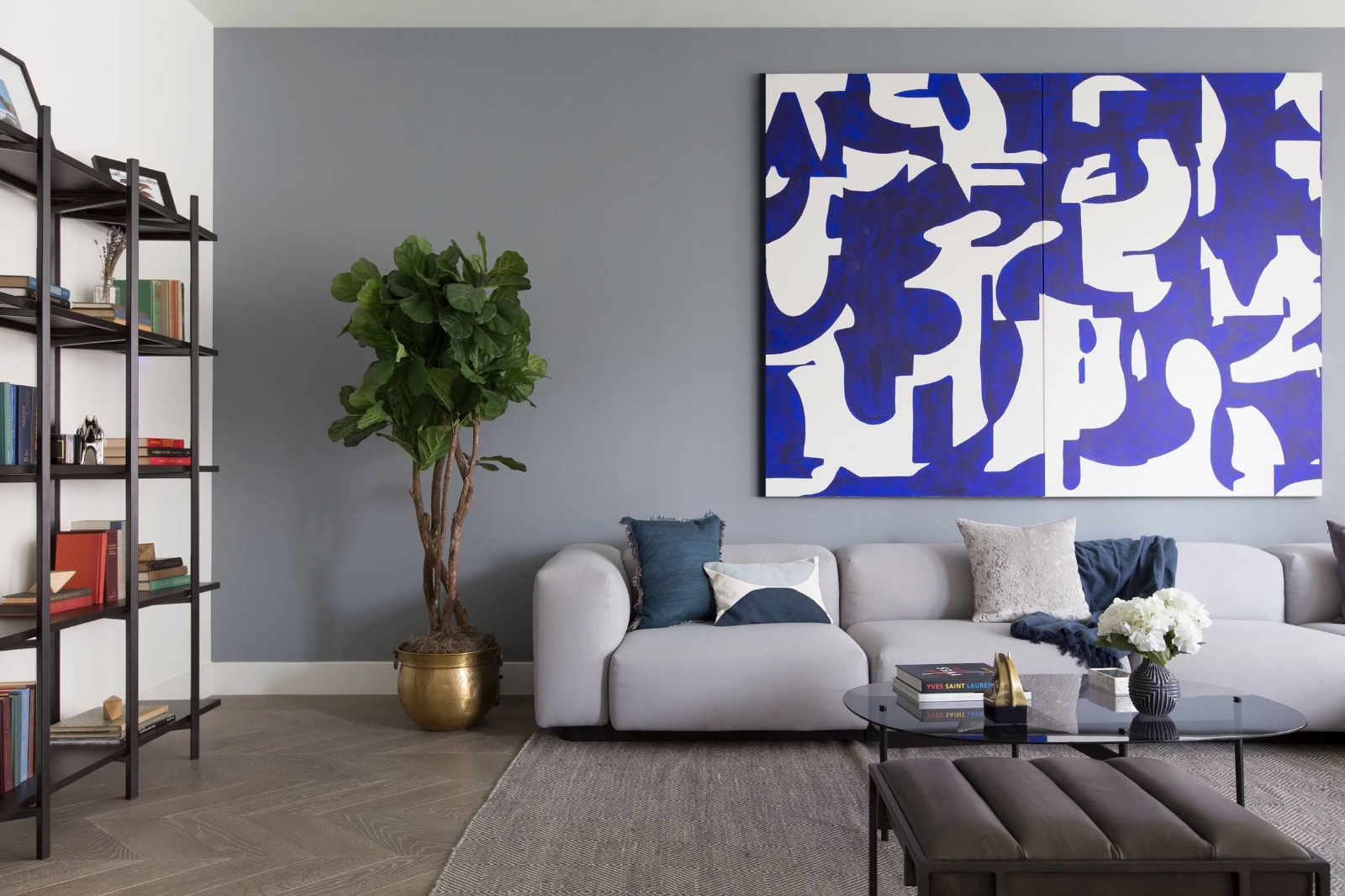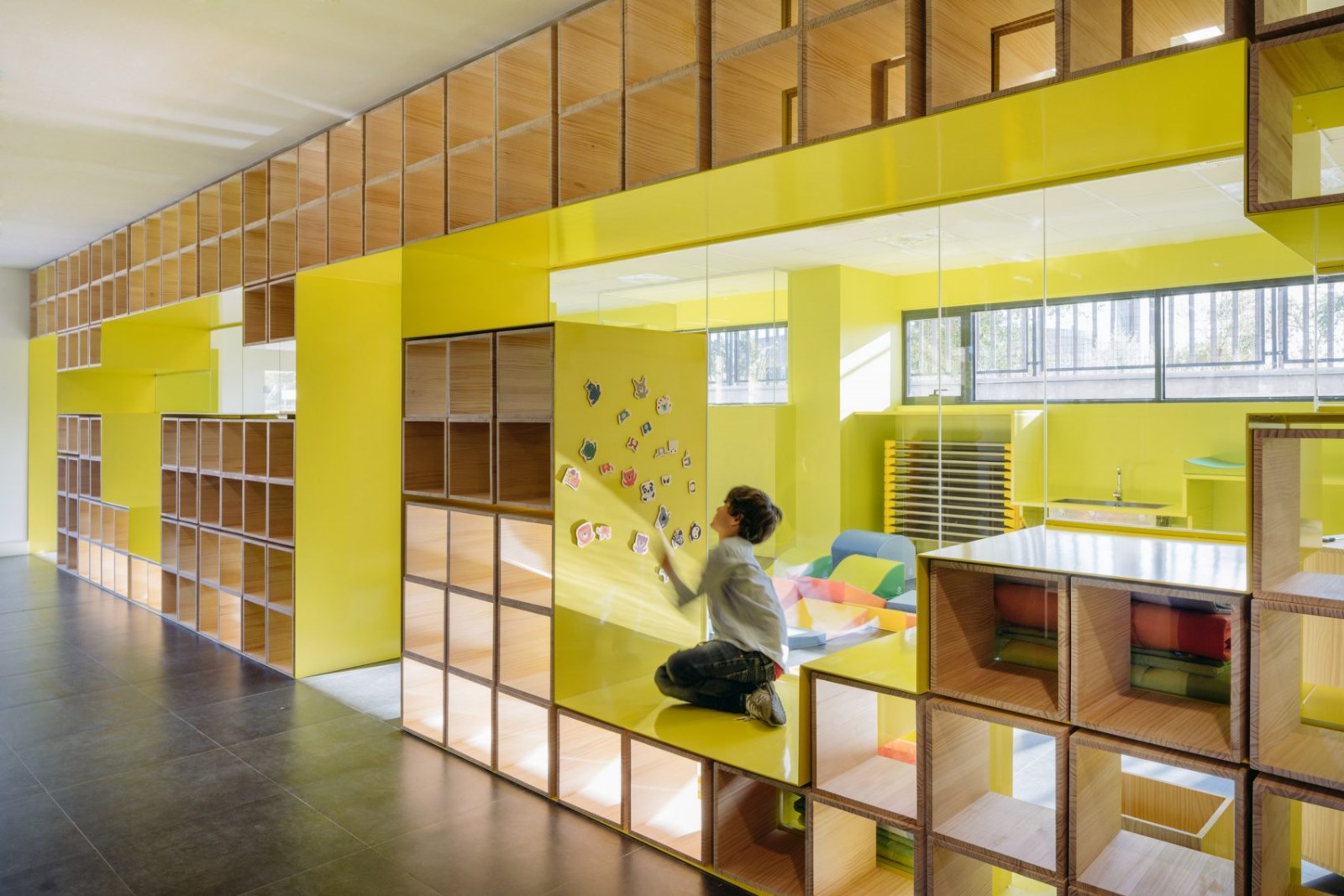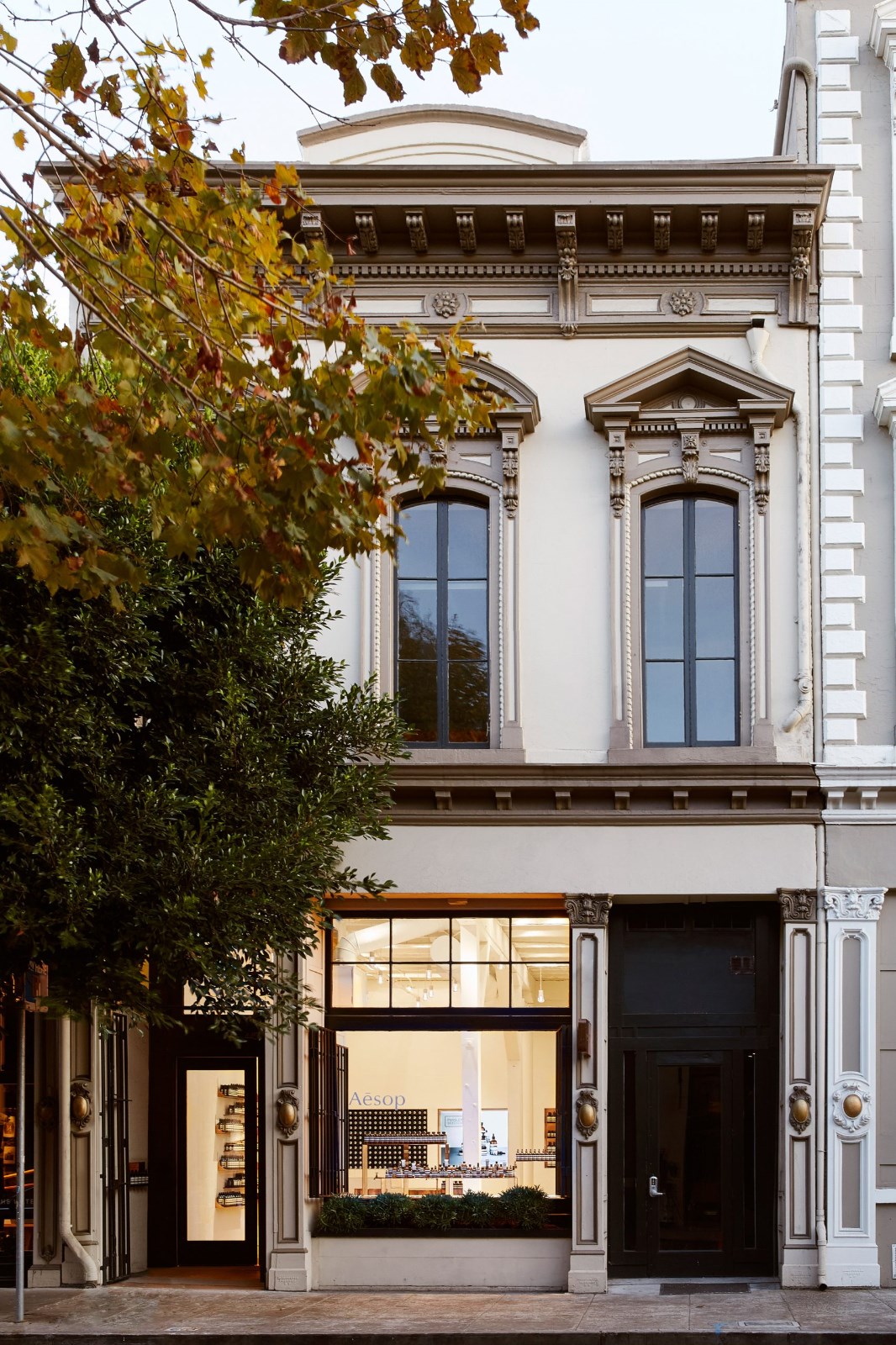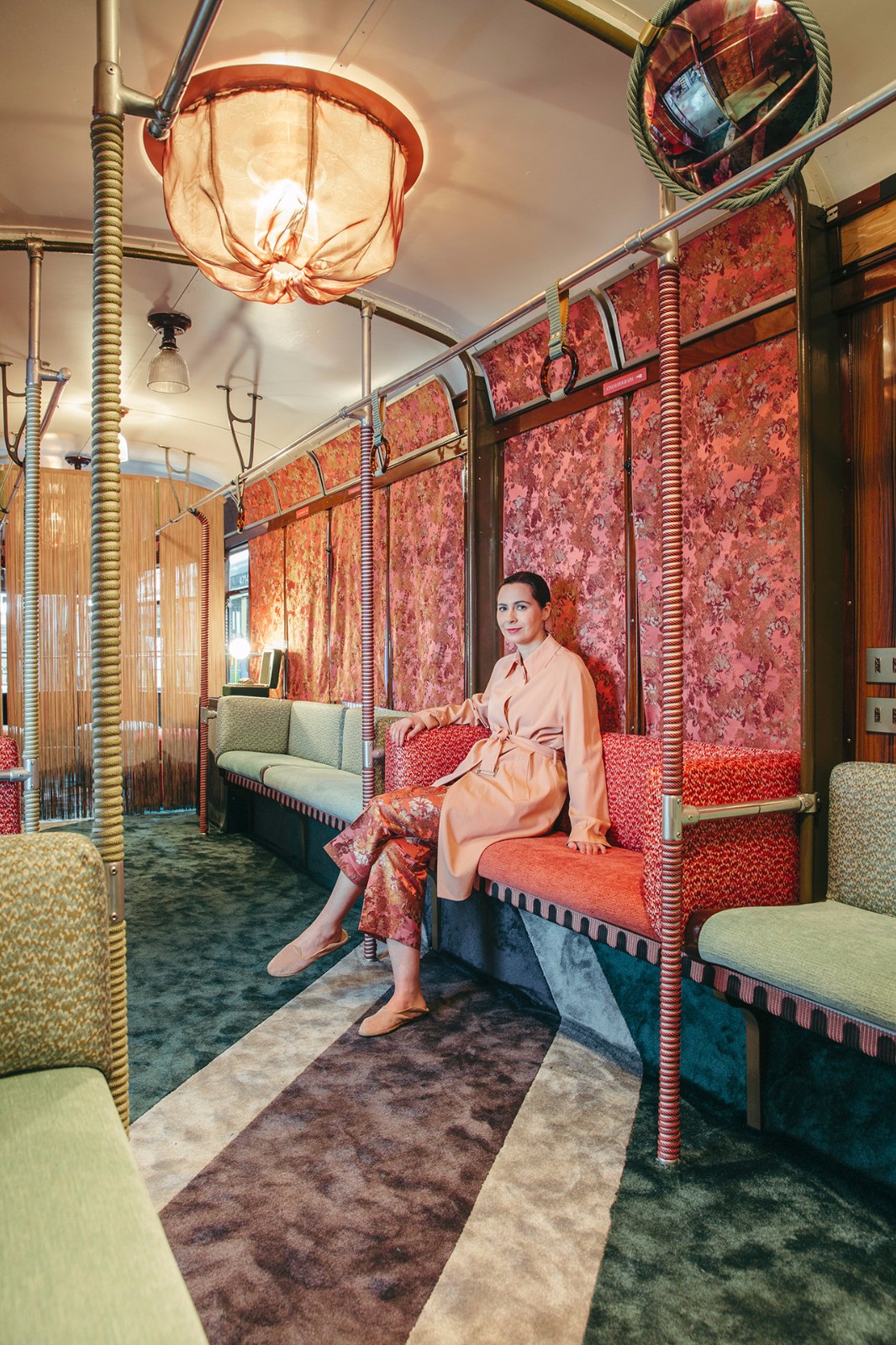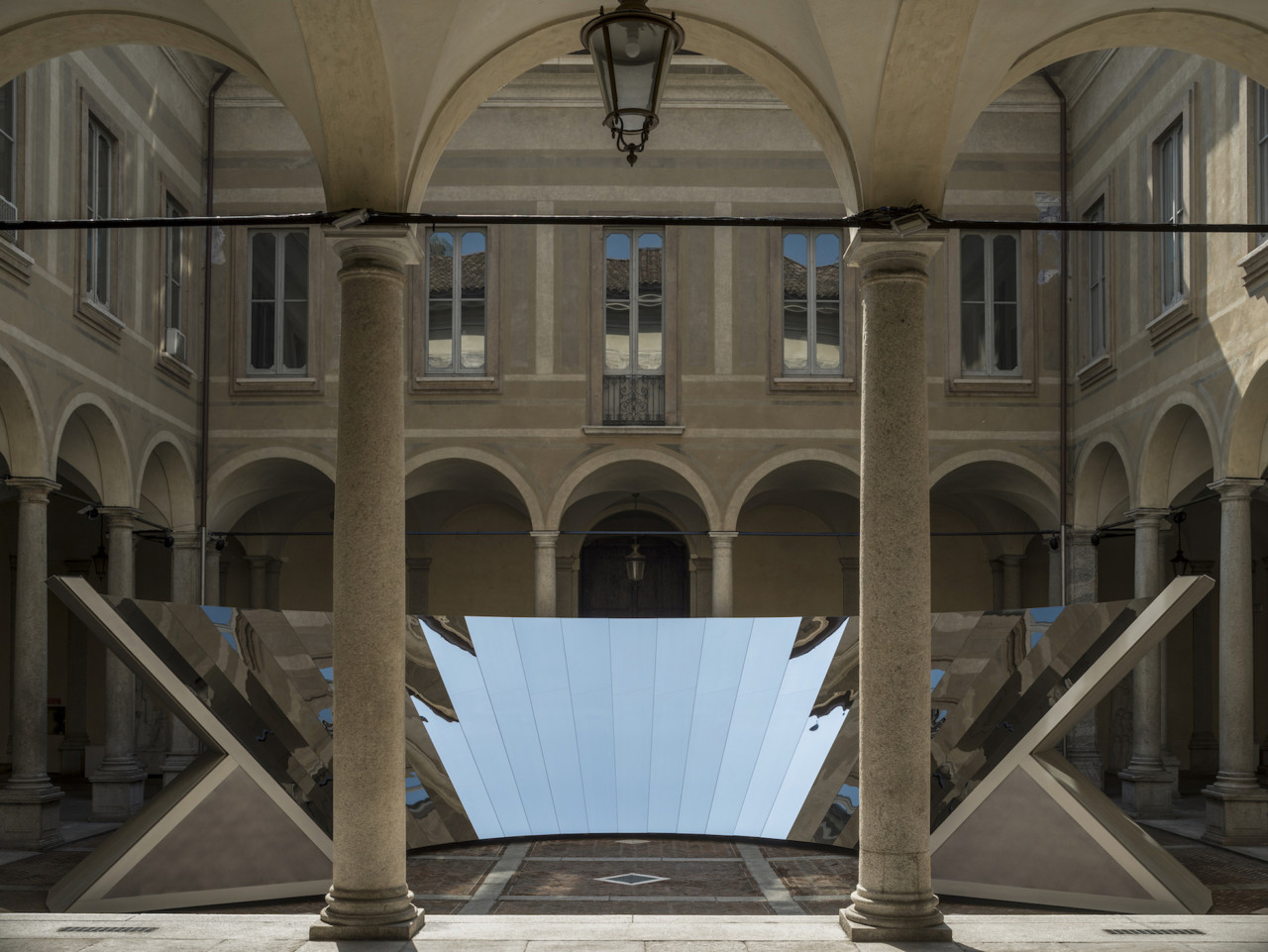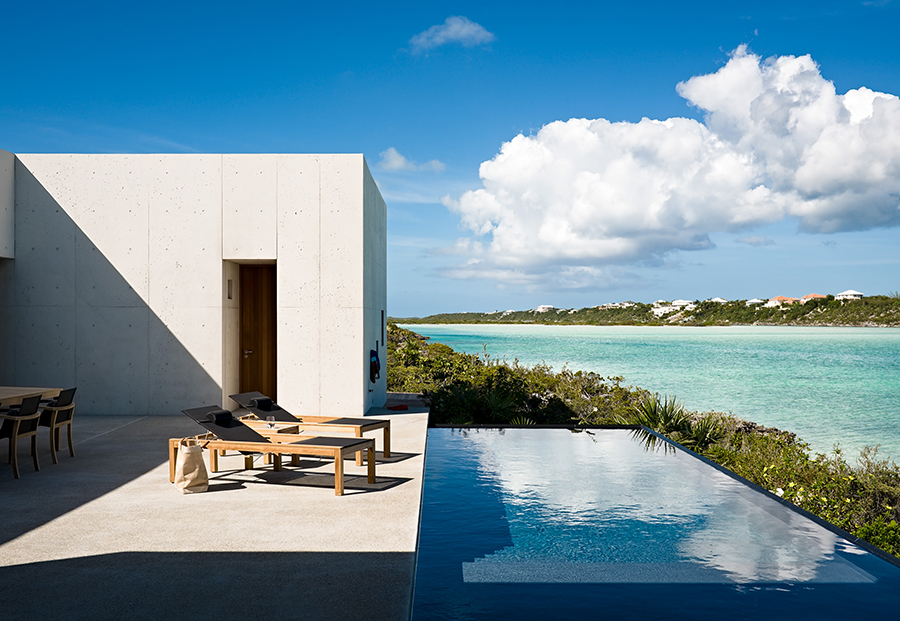Children Village Rosenbaum + Aleph Zero
2017-09-21 13:00
© Leonardo Finotti
莱昂纳多·芬诺蒂


架构师提供的文本描述。广阔的巴西热带大草原,无边无际的天空和大众的知识。
Text description provided by the architects. The immensity of the Brazilian tropical savanna, the infinity of the sky and the popular knowledge.
© Leonardo Finotti
莱昂纳多·芬诺蒂


© Leonardo Finotti
莱昂纳多·芬诺蒂


生活在巴西中部地区的巴西人的旅程和知识,是在背景中想象出来的连续体、浩瀚和一条细线。这里提出的建筑与这种构象是分不开的。这是触及我们的宽度,以及生活在那里的人民的美丽。
It is the continuum, the vast and a thin line imaginary in the background that welcome the journey and the knowledge of Brazilians living in the central region of the country. The architecture proposed there could not be distinct from such conformation. It is the breadth that touches us, together with the beauty of the people who live there.
© Leonardo Finotti
莱昂纳多·芬诺蒂


© Leonardo Finotti
莱昂纳多·芬诺蒂


然而,以记忆、技术、美学和节奏为特征的建筑如何与这个位置相关呢?如何处理这个网站,在这个网站上,当前的文化是现代化的,并没有任何记忆,为一个复制的梦想?如何干预以农业和土著性质的手工工作为特点的地方?
However, how would the architecture marked by memories, techniques, aesthetics and rhythms become relevant to this location? How to deal with this site in which the current culture is modernized and abstains from any memory for a reproduced dream? How to intervene in a place marked by the manual work of agriculture and indigenous nature?
© Leonardo Finotti
莱昂纳多·芬诺蒂


© Leonardo Finotti
莱昂纳多·芬诺蒂


通过这些调查,该项目致力于转型、文化拯救、鼓励地方建设性技术、土著美及其知识,以及建立发展Canuan学校儿童所必需的归属感。
With these inquiries the project moves towards transformation, cultural rescue, encouragement of local constructive techniques, indigenous beauty and its knowledges, together with the construction of the notion of belonging, necessary for the development of the children of the Canuanã school.
© Leonardo Finotti
莱昂纳多·芬诺蒂


© Leonardo Finotti
莱昂纳多·芬诺蒂


新的村庄组织首先是基于需要为整个现有的综合体增加价值,并使学生属于卡努昂的想法成为可能。将学校作为唯一的学习空间的地位神秘化,并将其转变为一个有家庭价值的领域。
The new organization in villages is based, in the first instance, on the need to add values to the whole existing complex, as well as to potentialize the idea of belonging of the students to Canuanã. Demystify the status of the school as the only learning space and transform it into a territory with a home value.
© Leonardo Finotti
莱昂纳多·芬诺蒂


© Leonardo Finotti
莱昂纳多·芬诺蒂


为此,新住所主要设在两个村庄,一个是男学生,一个是女学生。这种分离已经出现在学校的计划中,并得到了维持。在这个新的时刻,房屋将不再由大的宿舍空间,而是由45个单位,每名学生6人。通过减少每个房间的学生人数,我们的目标是提高儿童的生活质量,提高他们的个性,从而提高他们的学业成绩。
For this, the new residence is organized mainly in two villages, one for male students and one for female students. This separation was already present in the school’s scheme and was maintained. In this new moment the houses will no longer be conformed by large dormitory spaces, but by 45 units of 6 students each. With this act of reducing the number of students per room, we aim to improve the quality of life for the children, their individuality and, consequently, their academic performance.
Ground floor plan


First floor plan
一楼平面图


Section B-B'
B-B节


与宿舍相邻的是不同的互动空间,如电视房、阅读空间、阳台、露台、吊床等。所有这些补充方案都是与学生一起设计的,目的是提高生活质量,改善学生与学校之间的联系。这样,除了为更多的儿童提供住房外,新农村的目标是通过使用当地技术提高儿童的自尊心,在当地技术和可持续住房的新模式之间架起一座桥梁。这样,除了安置更多的儿童外,新村庄的目标是通过使用当地技术提高儿童的自尊心,在当地居民和新的可持续住房模式之间架起一座桥梁。
Adjacent to the dormitories are different interacting spaces such as TV room, reading space, balconies, patios, hammocks, among others. All these complementary programs were designed together with the students in order to improve the quality of life and refine the bond between students and the school. n this way, in addition to housing a larger number of children, the new villages aim to increase children's self-esteem through the use of local techniques, creating a bridge between vernacular techniques and a new model of sustainable housing. In this way, in addition to housing a larger number of children, the new villages aim to increase the children's self-esteem through the use of local techniques, creating a bridge between the vernacular and a new model of sustainable housing.
© Leonardo Finotti
莱昂纳多·芬诺蒂


© Leonardo Finotti
莱昂纳多·芬诺蒂


在这个新的时刻,住所的位置不再像过去那样居住在农场的中心,因为它必须充满与学习行为直接相关的程序。新的、更大、更通风的住宅位于指导农场新发展的战略点,组织了该地区,并使学校能够更好地阅读空间和功能。
In this new moment the location of the dwellings no longer resides in the heart of the farm as it used to be, because it must be filled with programs directly related to the act of learning. The new, larger and more airy dwellings are located at strategic points that guide the new growth of the farm, organizing the territory and enabling a better spatial and functional reading of the school.
© Leonardo Finotti
莱昂纳多·芬诺蒂




























































Architects Aleph Zero, Rosenbaum
Location Formoso do Araguaia, TO, 77470-000, Brazil
Architects in Charge Adriana Benguela, Gustavo Utrabo
Design Team Adriana Benguela, Gustavo Utrabo, Pedro Duschenes, Marcelo Rosenbaum
Area 23344.0 m2
Project Year 2017
Photographs Leonardo Finotti
Category Schools
Manufacturers Loading...


















